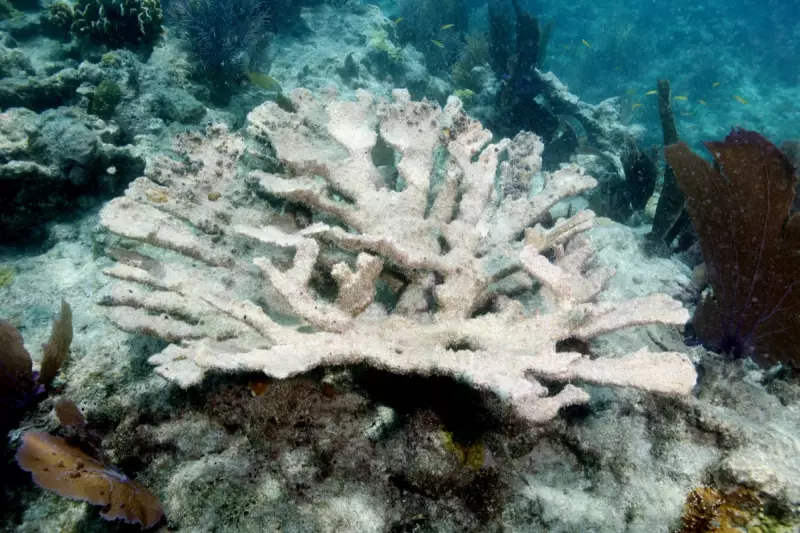
In a devastating announcement that signals an environmental catastrophe, marine scientists have confirmed that Florida's iconic coral reef system has reached a state of functional extinction. The declaration comes after an unprecedented marine heatwave pushed the already-stressed ecosystem beyond its breaking point.
The Point of No Return
The term 'functional extinction' doesn't mean every coral has vanished, but rather that the remaining population can no longer reproduce sufficiently to sustain the ecosystem. The reef has lost its ability to perform its critical ecological functions that supported thousands of marine species.
"We've been monitoring this decline for decades, but what we witnessed this past year represents a catastrophic acceleration," explained Dr Elena Martinez, lead marine biologist at the Southeast Coral Observatory. "The water temperatures reached levels we didn't anticipate seeing for another twenty years."
Unprecedented Marine Heatwave
The crisis reached its peak during an extraordinary marine heatwave that saw ocean temperatures soaring up to 38°C (101°F) in some areas. This prolonged thermal stress caused:
- Mass bleaching events affecting over 90% of corals
- Complete reproductive failure across multiple coral species
- Catastrophic mortality rates in key reef-building species
- Collapse of the intricate food web that depended on the reef structure
Ecological and Economic Consequences
The loss extends far beyond environmental concerns. Florida's reefs have historically provided:
- Coastal protection from storm surges and erosion
- Habitat for commercially valuable fish species
- Tourism revenue estimated at over $6 billion annually
- Biodiversity hotspot with global significance
Local fishing communities and tourism operators now face an uncertain future, with many businesses already reporting significant losses as the vibrant underwater landscapes that attracted divers and snorkelers have turned into ghostly white graveyards.
A Global Warning Signal
Scientists emphasise that Florida's tragedy serves as a stark warning for coral reefs worldwide. As ocean temperatures continue to rise due to climate change, other reef systems face similar threats.
"What happened in Florida isn't an isolated incident—it's a preview of what could happen to reefs across the Caribbean and ultimately worldwide if we don't take immediate, drastic action on climate change," warned Dr Martinez.
While conservation efforts continue, including coral nurseries and assisted evolution programmes, researchers acknowledge these measures can only buy time without addressing the root cause: rapidly warming oceans driven by human-induced climate change.





